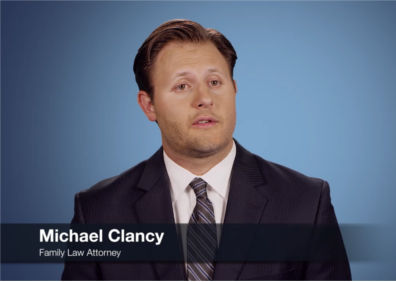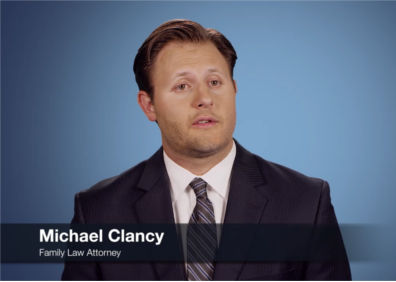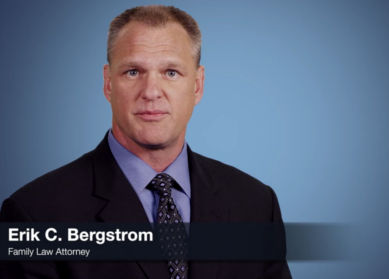Enforcing Child Support in Phoenix
Enforcement of child support is controlled by Arizona revised statute, title 25, starting at section 500. I find that many of my clients need me to return to court to pursue non-payment of a child support obligation.
Petition for Contempt
You can file a petition for contempt, requesting that the court one, determine the amount of child support arrearage, two, enter a finding of contempt, three, order incarceration with a purge clause for the payment of a lump sum amount to satisfy all or a portion of the arrearage, in order to avoid going to jail and four, enter a judgment for the unpaid child support amount with a repayment plan with accruing interest until the arrearage is paid in full.
Non-Compliance
If the other party fails to appear for court after being served with the petition, the court can even issue a child support arrest warrant. Finally, depending upon the amount of child support arrearage that is owed, the court can order the other party to attend regular monthly hearings through accountability court to monitor compliance with the child support court order. If you want to learn more about enforcing and collecting your child support court order, please contact me at Warner Angle, (602) 264-7101, to schedule a complimentary consultation. I look forward to meeting with you.
By: Attorney Joel Hoffman









